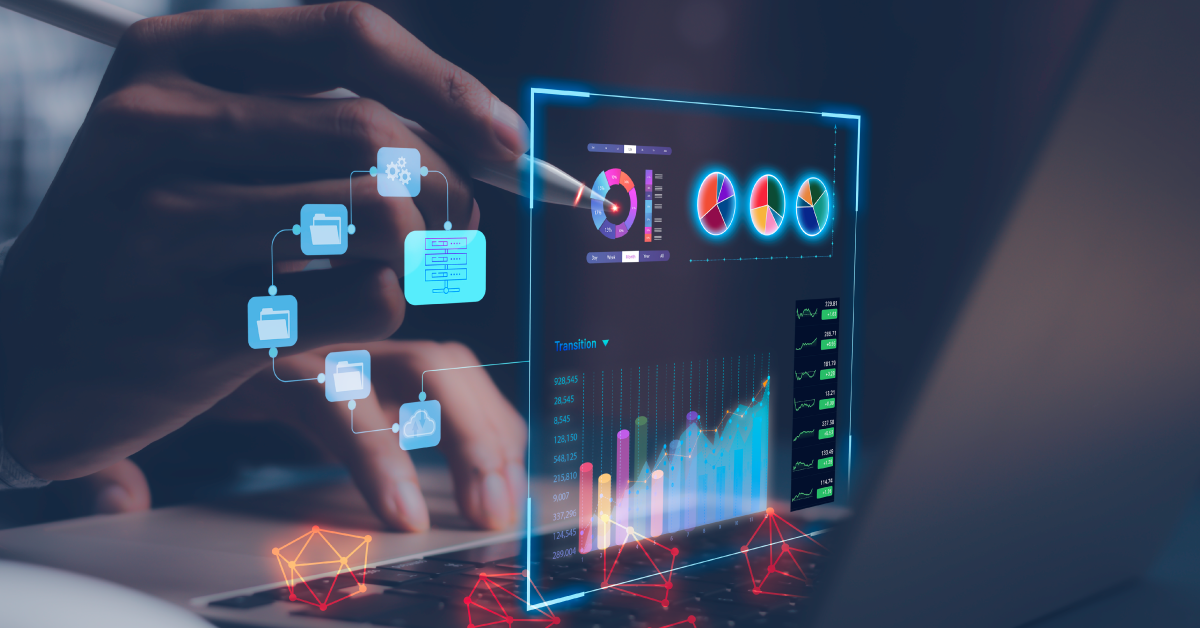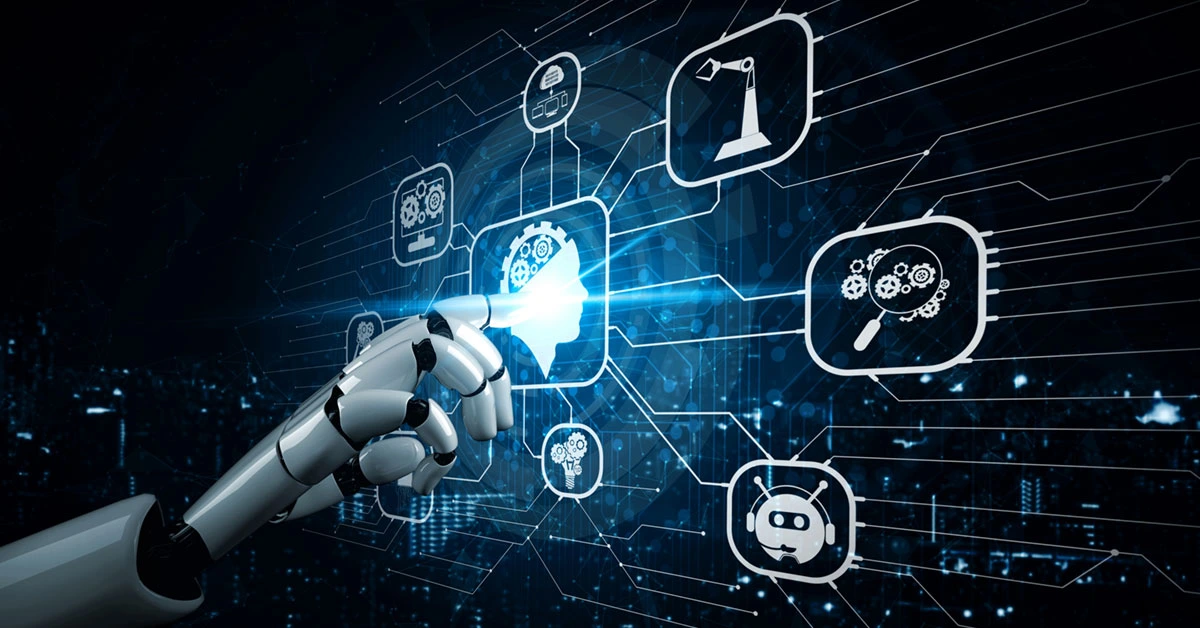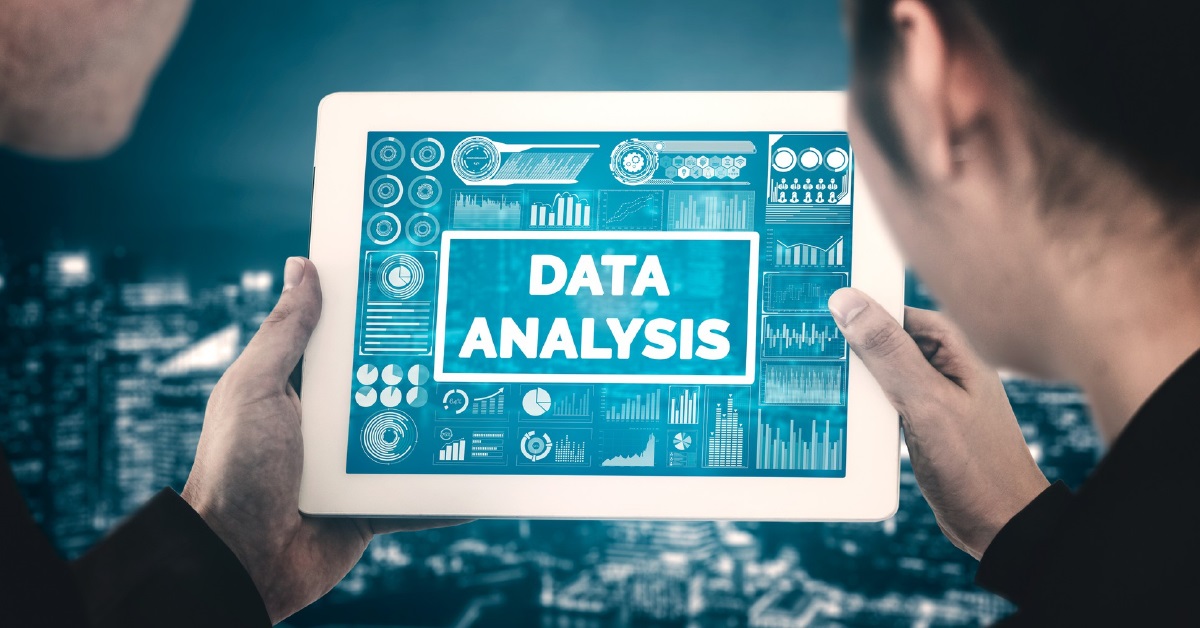Smart Data Collection Solutions: Exploring Advanced Methods

7 min read
Here we are in the digital age, where data is king and information reigns supreme! As technology advances, smart data collecting has become a game-changer for companies trying to stay ahead of the curve and obtain insightful information. Previously, we relied solely on traditional methods; smart data collection brings efficiency, accuracy, and innovation.
Let’s explore the fascinating world of intelligent data collection solutions! We’ll look into innovative methods that will transform how you collect data in ways you never would have imagined! Come with me to embark on this exhilarating journey together!
What does Smart Data Collection Refers to?
Smart Data Collection Solutions refer to the advanced methodologies and technologies designed to gather, analyze, and utilize data more intelligently, efficiently, and effectively than traditional data collection methods. These solutions leverage advanced technologies such as Artificial Intelligence (AI), Machine Learning (ML), the Internet of Things (IoT), blockchain, and cloud computing to enhance the accuracy, speed, and relevance of the data collected.
The core aim is to transform raw data into actionable insights to drive decision-making, improve operational efficiencies, predict trends, and customize user experiences.
Key Characteristics of Smart Data Collection Solutions
- Intelligent Automation:
Utilizing AI and ML algorithms to automate collecting and analyzing data, reducing manual efforts and increasing accuracy.
- Real-time Data Collection:
Harnessing IoT devices to gather data in real-time from various sources, providing timely insights for immediate action.
- Advanced Analytics:
Employing sophisticated analytics tools to process and interpret complex data sets uncovers patterns and predictions that inform strategic decisions, enhancing strategic decision-making processes within organizations.
- Secure Data Handling:
Implementing blockchain and other security technologies to ensure data integrity, privacy, and compliance with regulatory standards.
- Scalability and Flexibility:
Adapting to varying data volumes and types with cloud computing, enabling scalable and flexible data collection and storage solutions.
Applications and Benefits
Smart Data Collection Solutions find applications across numerous industries, including healthcare, finance, retail, manufacturing, and urban planning. They enable organizations to:
- Enhance Decision Making:
Providing high-quality, relevant data can lead to more informed decisions.
- Predict Future Trends:
Through predictive analytics, businesses can anticipate market changes, consumer behavior, and potential risks.
- Improve Customer Experience:
By understanding customer preferences and behaviors, companies can tailor their products, services, and interactions to meet individual needs.
- Optimize Operations:
Real-time data allows for efficient management of resources, inventory, and logistics, reducing costs and improving service delivery.
- Drive Innovation:
Access to diverse and comprehensive data sets can inspire new products, services, and business models, fostering innovation.
Traditional vs. Smart Data Collection Methods
Data collection has become an essential part of decision-making and business growth. Traditional data collection methods relied heavily on manual processes, such as surveys or face-to-face interviews. These methods often resulted in limited sample sizes and took considerable time to gather insights.
On the other hand, smart data collection methods leverage technology and automation to collect vast amounts of data quickly and efficiently. Because organizations can gather real-time information from various sources, such as online platforms, social media monitoring tools, and IoT devices, the benefits of smart data collection are undeniable.
One advanced method for smart data collection is web scraping. Web scraping allows businesses to extract relevant information from websites at scale, saving significant time compared to manual research. Another method is sentiment analysis, which uses natural language processing algorithms to analyze customer feedback or social media posts for sentiment toward a product or brand.
Real-life examples demonstrate the success of implementing these advanced methods in various industries. For instance, e-commerce giants like Amazon use recommendation systems that track user behavior to provide personalized product suggestions tailored to each customer’s preferences.
However, despite its numerous advantages, including automated data exploration, smart data collection also poses challenges and limitations. Privacy concerns arise due to the sheer volume of personal information organizations collect today.
Ensuring proper security measures are in place becomes crucial when dealing with sensitive consumer data, especially when automated systems are used to sift through and analyze this information.
Additionally, there may be limitations in accessing certain types of data or facing biases within the collected dataset – highlighting the need for careful interpretation during analysis.
As we look towards the future, the development of smart data collection solutions holds great promise for further advancements.
Advanced Methods for Smart Data Collection
The rise of advanced methods for smart data collection is transforming the landscape of business intelligence, marketing strategies, and operational efficiency.
By transcending the limitations of traditional data collection methods, these innovative approaches provide a more nuanced, dynamic, and comprehensive understanding of datasets. Explore these advanced methods in more detail and examine their impact on businesses.
Machine Learning Algorithms
Machine learning algorithms stand out for their ability to sift through massive datasets, identifying patterns, anomalies, and correlations that human analysts might miss. These ML models adapt and improve over time, becoming more accurate in their predictions and analyses.
Natural Language Processing (NLP)
NLP bridges the gap between human communication and computer understanding, making it an invaluable tool for analyzing text data. This technology can interpret customer feedback, social media conversations, and product reviews to extract sentiment, preferences, and trends. NLP enables businesses to understand the voice of their customers in a scalable and efficient manner, offering insights that can guide product development, customer service improvements, and marketing strategies.
Internet of Things (IoT) Devices
IoT devices collect data from the physical world, offering real-time insights into how products and services are used. This continuous stream of data from connected devices allows businesses to monitor performance, anticipate maintenance needs, and understand user interactions at an unprecedented level.
IoT data collection supports predictive maintenance, enhances user experiences, and drives innovation by providing a detailed view of device performance and user behaviors.
Geolocation Tracking
Geolocation tracking offers unique insights into consumer movements, habits, and preferences based on location data. This information is invaluable for businesses looking to optimize store locations, custom-made marketing campaigns to specific demographics, or understand the geographic distribution of their customer base.
By analyzing location-based data, companies can develop targeted strategies that resonate with their audience’s local preferences and behaviors.
The Future of Smart Data Collection
The future of smart data collection is full of limitless possibilities. As technology advances at an unprecedented rate, so does our ability to collect and analyze vast amounts of data.
Artificial Intelligence is one important field in which major breakthroughs are anticipated (AI). AI has the potential to revolutionize data gathering by automating processes and making sense of complex patterns that would otherwise be impossible for humans to detect.
Another exciting prospect on the horizon is the Internet of Things (IoT). With IoT devices becoming increasingly prevalent in our everyday lives, a wealth of new data sources will be available for collection. These connected devices offer a treasure trove of valuable information, from smart home devices tracking our behaviors to wearable fitness trackers monitoring our health.
In addition, as privacy concerns continue to grow, there will likely be advancements in techniques for anonymizing and protecting personal data during the collection process. Striking a balance between gathering useful insights from individuals’ behavior while respecting their privacy rights will become even more critical as regulations are tightened.
Furthermore, we can anticipate improvements in data visualization tools and analytics platforms that allow businesses to sense their collected data easily. Advanced software solutions are set to redefine the future of smart data collection, offering unparalleled efficiency and accuracy in gathering, analyzing, and utilizing data to drive decision-making and innovation.
The future holds immense promise for smart data collection methods. By harnessing advanced technologies such as AI, IoT, smart analytics solutions, advanced analytics tools, and enhanced privacy measures, organizations will have unparalleled opportunities to gain deep insights into customer behavior, optimize operations across various industries, drive innovation forward, and shape strategies based on evidence-backed decisions rather than guesswork or intuition alone.
Conclusion
Smart data collection is revolutionizing business operations and decision-making processes by moving beyond traditional surveys to embrace advanced technologies such as AI, machine learning, IoT devices, and geolocation tracking.
These innovative approaches enable the automatic analysis of vast data sets, real-time information gathering, and deeper insights into consumer behavior, significantly enhancing decision-making, customer experience, operational efficiency, and fostering innovation.
Despite challenges like privacy concerns and the necessity for robust data security, the future of smart data collection is promising, with advancements in AI and IoT poised to unlock even greater opportunities for insightful business strategies.
Implementing these modern methods is essential for businesses to maintain a competitive advantage and make informed decisions in quickly changing technological surroundings. Pranathi’s innovative approach, particularly in AI and ML, is evident in products like their Government ID Parser and Invoice Parsing AI Tool.
These tools epitomize advanced data collection methods, offering accuracy and efficiency in extracting and processing information. By referencing Pranathi’s solutions, you can illustrate the practical application of advanced data collection in various sectors, demonstrating how AI-driven tools are revolutionizing this field.
This inclusion will not only provide a real-world example to your readers but also showcase the forefront of technological advancements in data collection. For more information, you can explore our website.
FAQ
-
How do machine learning algorithms enhance data collection?
Machine learning algorithms can process and analyze vast amounts of data to identify patterns, trends, and anomalies. They automate the data analysis process, making it faster and more accurate, which helps businesses in predicting future trends, optimizing operations, and making informed decisions.
-
What role does natural language processing (NLP) play in data collection?
NLP allows computers to understand and interpret human language, making it possible to analyze text data from sources like emails, social media, and online reviews. This helps businesses gauge customer sentiment, extract insights, and identify trends from text-based data.
-
Why are IoT devices important for smart data collection?
IoT devices collect real-time data from physical objects and environments, providing valuable insights into how products and services are used. This information can be used to monitor performance, predict maintenance needs, and improve customer experiences by understanding user interactions on a granular level.
-
What are the benefits of smart data collection solutions?
The benefits include improved decision-making through real-time and predictive analytics, enhanced customer experiences through personalized services, operational efficiency through automated processes, and the ability to drive innovation by uncovering new insights and opportunities.
-
Are there any challenges associated with smart data collection?
Yes, challenges include addressing privacy and security concerns related to the collection and storage of personal data, managing the sheer volume of data collected, and ensuring the accuracy and reliability of the data analysis.
-
How do businesses ensure the privacy and security of collected data?
Businesses can ensure data privacy and security by implementing robust data protection measures, complying with regulations like GDPR, using encryption and secure data storage solutions, and adopting block chain technology to enhance data integrity.
-
How can businesses get started with smart data collection solutions?
Businesses can start by identifying their specific data needs and challenges, researching available technologies and platforms, and possibly partnering with technology providers specializing in AI, machine learning, IoT, and data analytics. It’s also important to consider the ethical implications and ensure compliance with data protection regulations.
Published: March 7th, 2024





